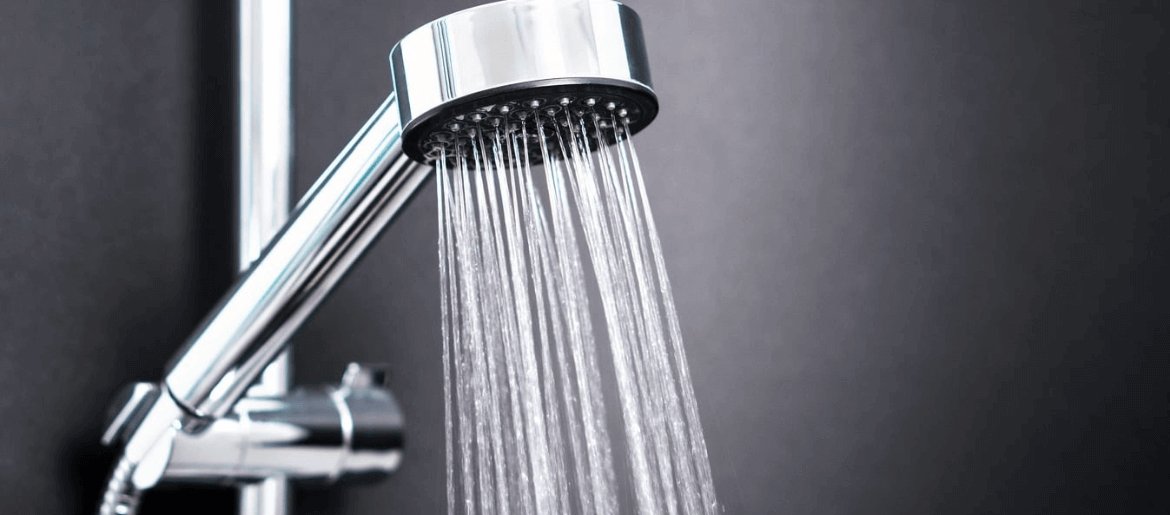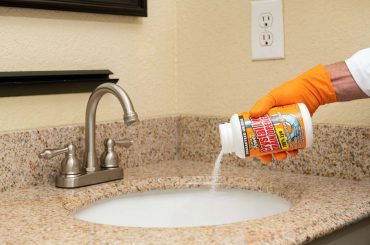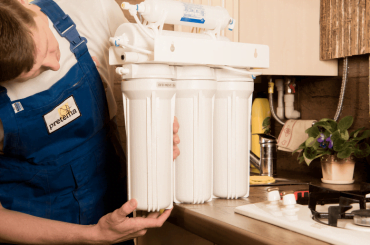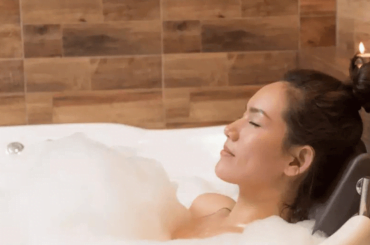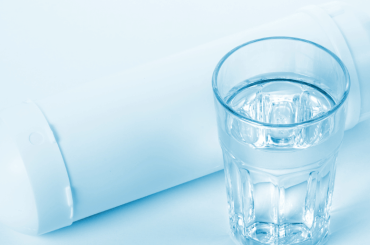If you live in an apartment, chances are you don’t have the luxury of a continuous hot water supply. This can be annoying when you’re trying to take a shower and all of the hot water is gone. Luckily, there are some things you can do to make your hot water last longer.
In this blog post, we’ll give you some tips on how to make hot water last longer so that you don’t have to take cold showers. Keep reading for more information!
How To Make Hot Water Last Longer?
One of the best ways to make hot water last longer is to install low-flow showerheads. Low-flow showerheads decrease the amount of water used during showers, allowing for more time between hot water replenishment.
Consider investing in a model that is specifically designed for energy and water efficiency. Additionally, check all faucets throughout the apartment for leaks and repair any that are found.
This will help conserve precious hot water by reducing wasted flow due to dripping faucets or pipes.
Another easy way to make your hot water last longer is to take shorter showers; limit yourself to five minutes or less if possible! If you’re using a standard tank heater, keep track of how much hot water is used over some time and adjust the temperature accordingly.
Lowering the temperature by just 2-4 degrees Celsius can reduce your energy costs significantly.
How to keep hot water hot for a long time?
Saving hot water can be a great way to reduce your energy costs and increase the efficiency of your home. There are a few simple steps you can take to help save hot water and lower your energy bills.
1. Install low-flow showerheads
Low-flow showerheads reduce the amount of hot water used while still providing an enjoyable shower experience. Installing one of these efficient devices is an easy way to cut back on hot water usage.
2. Keep showers short
Cut down on long, luxurious showers by setting a timer or limiting yourself to five minutes per shower. This is another excellent way to conserve hot water in the home.
3. Invest in insulation
Insulating your pipes and tanks helps keep heat in, meaning less hot water needs to be reheated during use, saving energy and money.
4. Use cold water to wash clothes
Most laundry detergents work just as well in cold water, so switch to a colder temperature for washing your clothing and bedding. Doing this will reduce the amount of hot water used in the home.
5. Fix any leaks
Examine all faucets and pipes for any potential leaks or drips and repair them as quickly as possible. Leaks can cause a lot of wasted hot water over time, so ensure everything is sealed tightly before use.
6. Adjust your water heater’s thermostat
Lowering your water heater’s thermostat by 10°C (50°F) will significantly reduce energy usage while still providing hot water.
7. Opt for a tankless water heater
Tankless water heaters provide hot on demand and only use energy when it’s needed, making them a more efficient option than traditional tank-style systems. Consider installing one in your home if you’re looking to save on energy bills.
By following these steps, you can easily reduce your hot water usage and save money in the process!
Tips for conserving energy and making the most of your hot water supply?
1. Lower Your Water Temperature: Lowering your hot water temperature can lead to significant energy savings. Setting the thermostat of your water heater to 120°F is comfortable for most uses and can save you money on utility bills.
2. Install Aerators: Installing aerators on all faucets and shower heads can reduce the flow of hot water while still providing a comfortable stream. This will help you conserve energy and save money on your utility bills.
3. Insulate Hot Water Pipes: Wrapping hot water pipes in insulation can help retain heat and prevent it from escaping, which can boost efficiency.
4. Replace Old Appliances: Replacing old and inefficient appliances with newer, more energy-efficient models can help you save money on your utility bills.
5. Install a Water Heater Timer: Installing a timer for the water heater can help you determine when to run it to conserve energy and cut down on costs.
6. Fix Leaks: Check for any leaks in your plumbing system and fix them as soon as possible to prevent energy loss.
7. Install Solar Water Heaters: Installing a solar water heater can help you take advantage of free energy from the sun and lower your utility bills.
8. Use Cold Water for Laundry: Using cold water when washing clothes can conserve energy and save you money on utility bills.
9. Insulate Hot Water Tanks: Installing adequate insulation around hot water tanks can help keep the heat in and reduce energy loss. This will make your hot water system more efficient and save you money on utility bills.
By following these tips, you can conserve energy and maximize the efficiency of your hot water system, saving you money and helping the environment in the process.
Quick tips make hot water last longer
- Install a timer on your water heater so that you can regulate the temperature and turn it off when not in use to reduce energy consumption.
- Lower your hot water thermostat setting to 120°F or lower to reduce energy consumption and still have warm enough hot water for daily needs.
- Insulate your water heater tanks and pipes with materials like fiberglass or foam insulation to reduce heat loss from the tank and minimize energy consumption.
- Use a low-flow shower head or aerating faucet designed for conservation to reduce water usage in the bathroom.
- Install an on-demand hot water system which only heats water as needed and does not require an additional storage tank.
- Use your dishwasher for full loads to reduce energy consumption and cost.
- Wash laundry in cold water, whenever possible, to save energy.
- Take shorter showers or switch to a navy shower technique where you turn off the water while lathering and turn it on again for a rinse.
- Repair all water leaks, including toilets that run frequently or faucets with slow drips to reduce wasted water and energy consumption.
- Use insulation blankets around the tank of electric water heaters to reduce standby losses from the stored hot water in the tank.
FAQs – Make Hot Water Last Longer
Why do I run out of hot water after one shower?
This could be caused by several factors, including an undersized hot water tank, low water pressure, a faulty thermostat or dip tube or a lack of insulation on the tank or pipes. It is best to consult a professional plumber for troubleshooting and repair.
Does my shower only have hot water for 10 minutes?
No, your shower should provide hot water for as long as it is running. However, if you notice that the water begins to cool after 10 minutes or so, there may be an issue with the water heater in your home that needs to be addressed.
It’s possible that your water heater isn’t large enough or powerful enough to meet your household’s hot water needs. If that’s the case, you may need to upgrade to a larger unit or have a professional look at your current system.
How much hot water doe 20-minutenute shower use?
A 20-minute shower typically uses about 25 to 50 gallons of hot water. Factors such as water pressure, temperature setting and tub size all affect how much hot water a person will use during their shower.
To conserve energy and reduce utility bills, consider taking shorter showers or adjusting the temperature settings on your water heater.
Wrap Up
If you live in an apartment, there are a few things you can do to make your hot water last a bit longer.
By turning down the thermostat on your water heater and insulating your pipes, you’ll be able to enjoy hot showers for as long as you like without having to worry about running out of hot water. Give these tips a try and see how they work for you!

